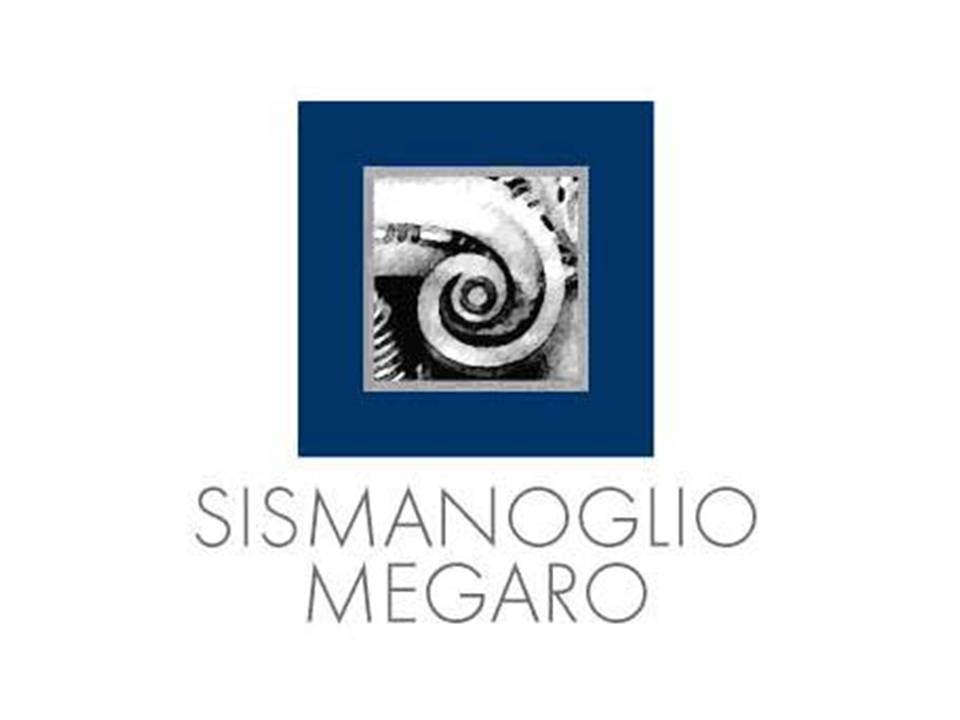
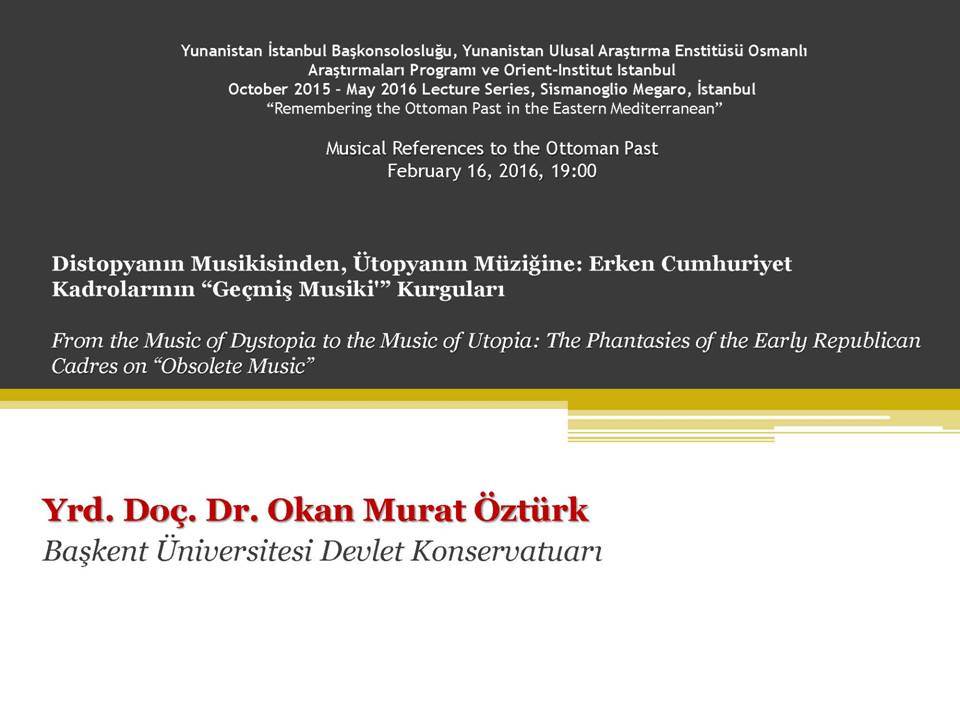
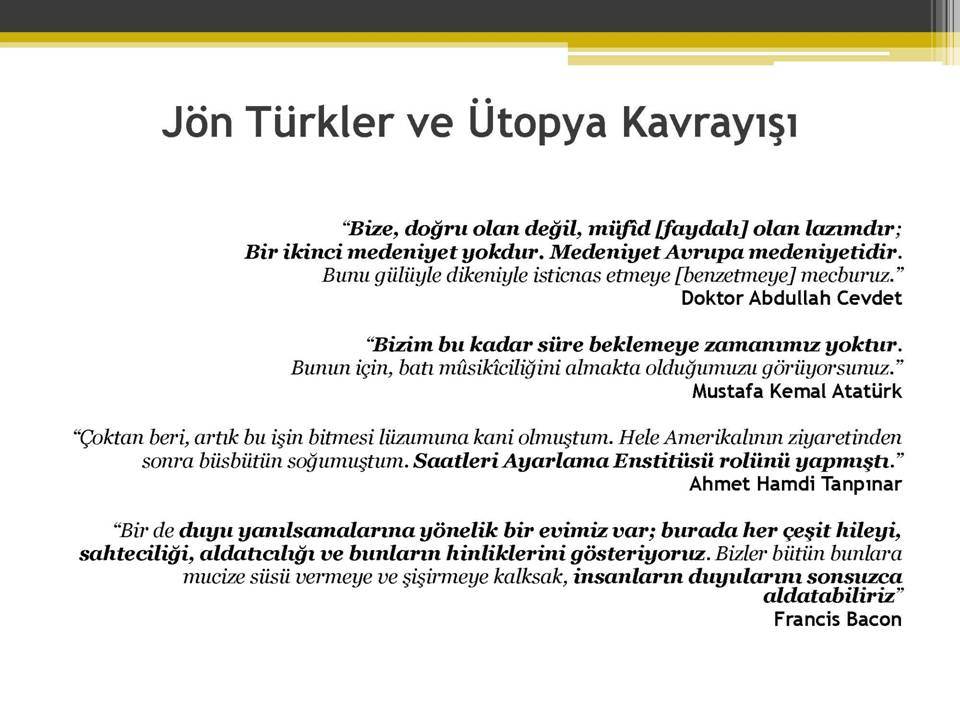
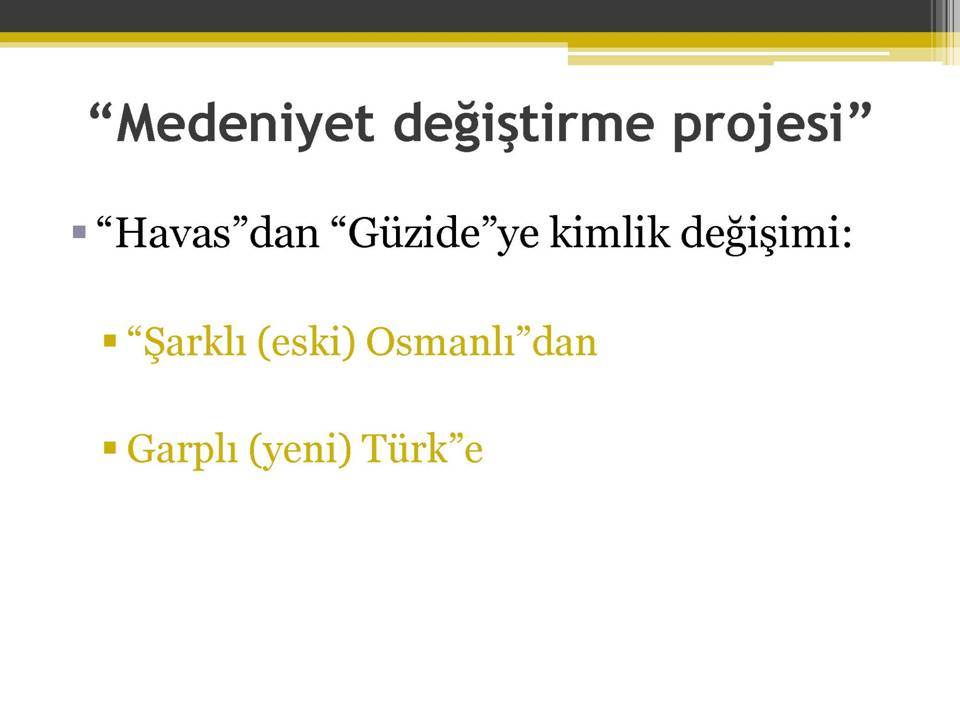
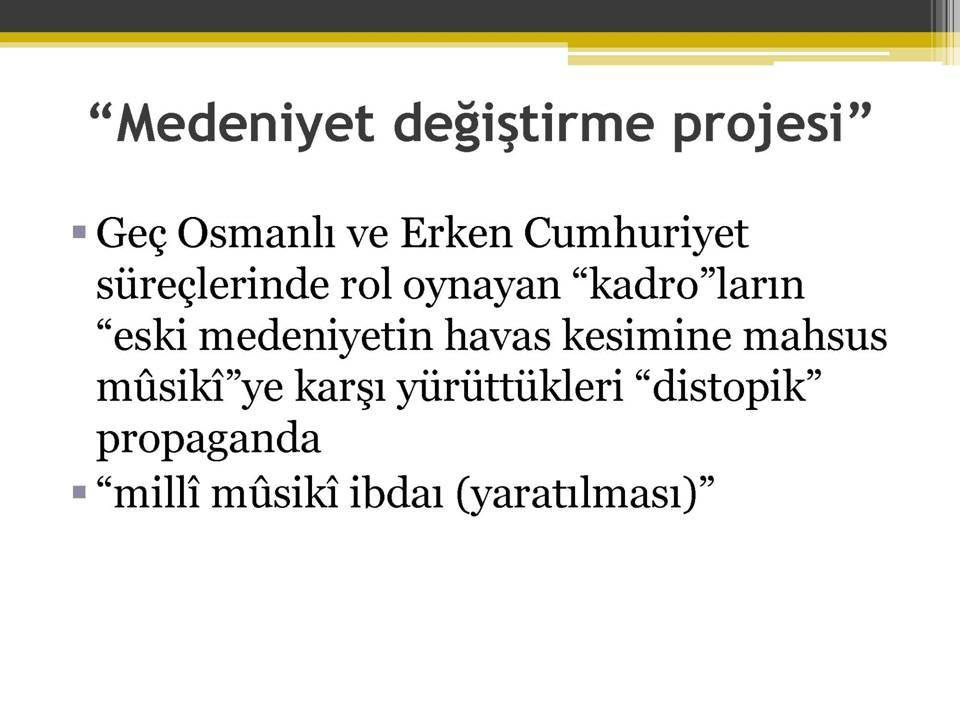
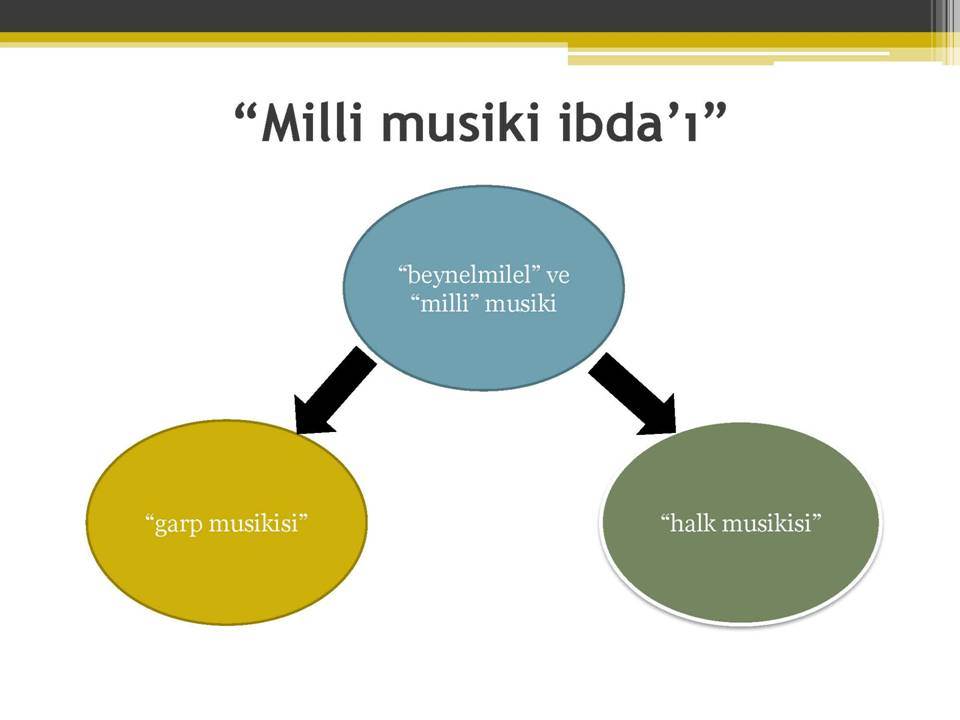
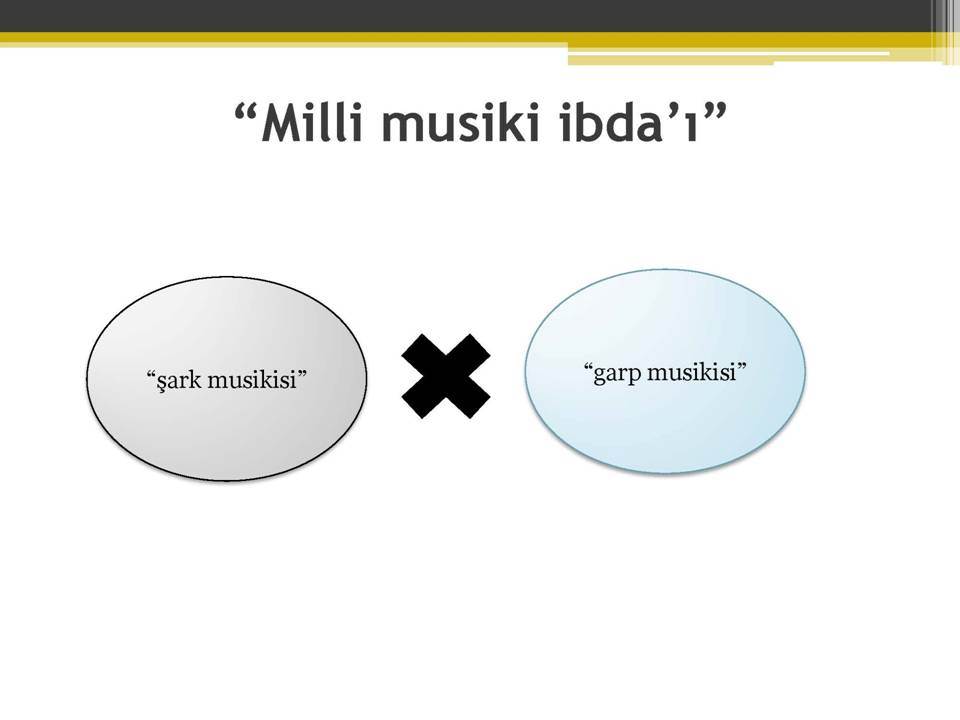
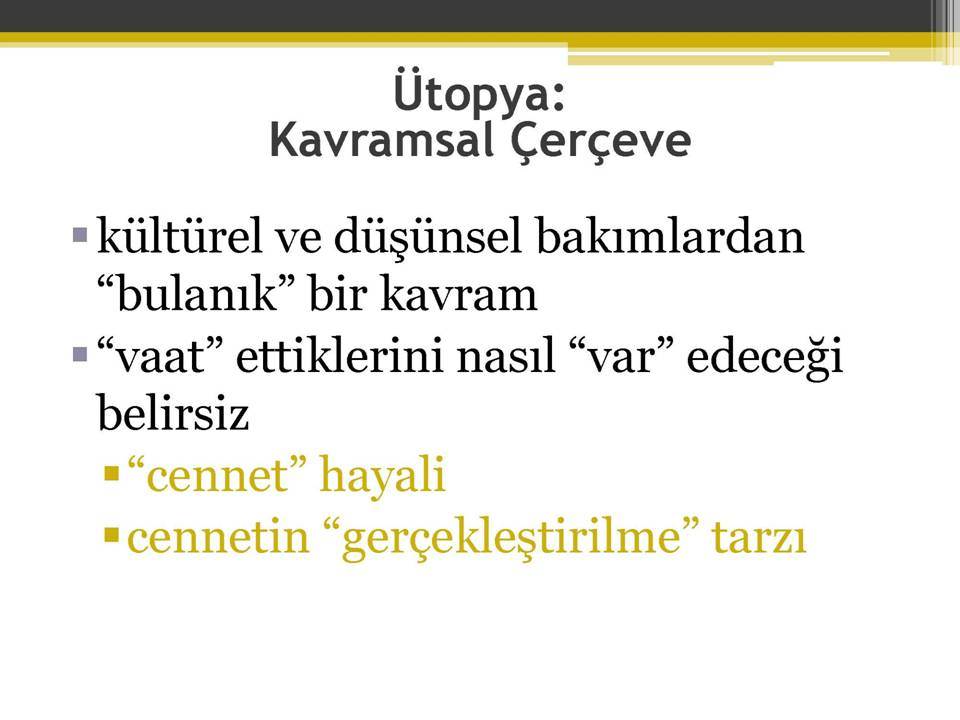
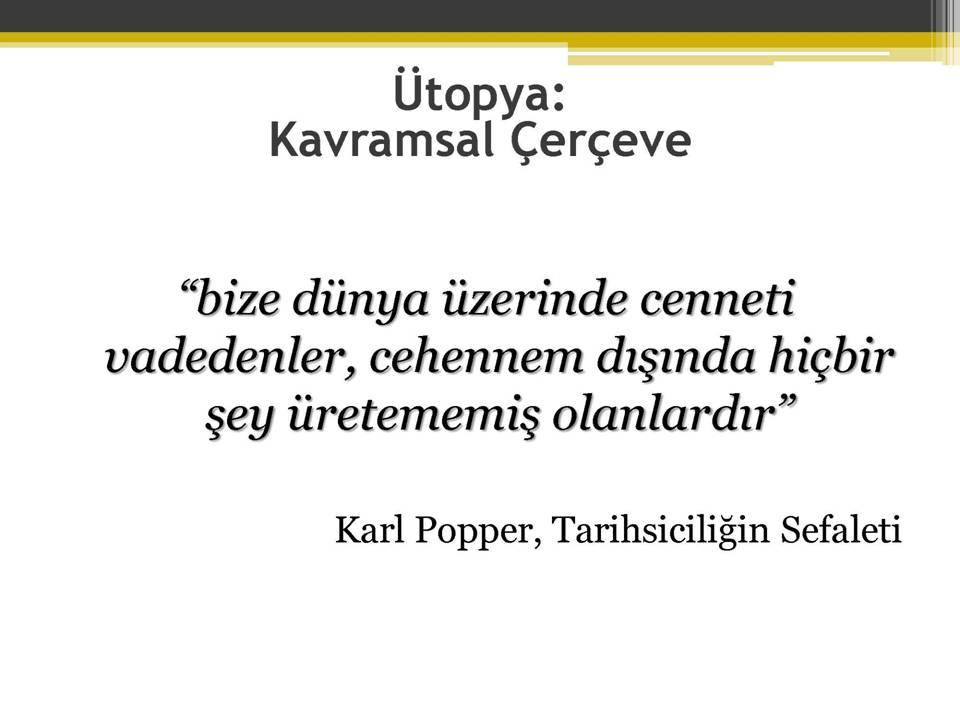
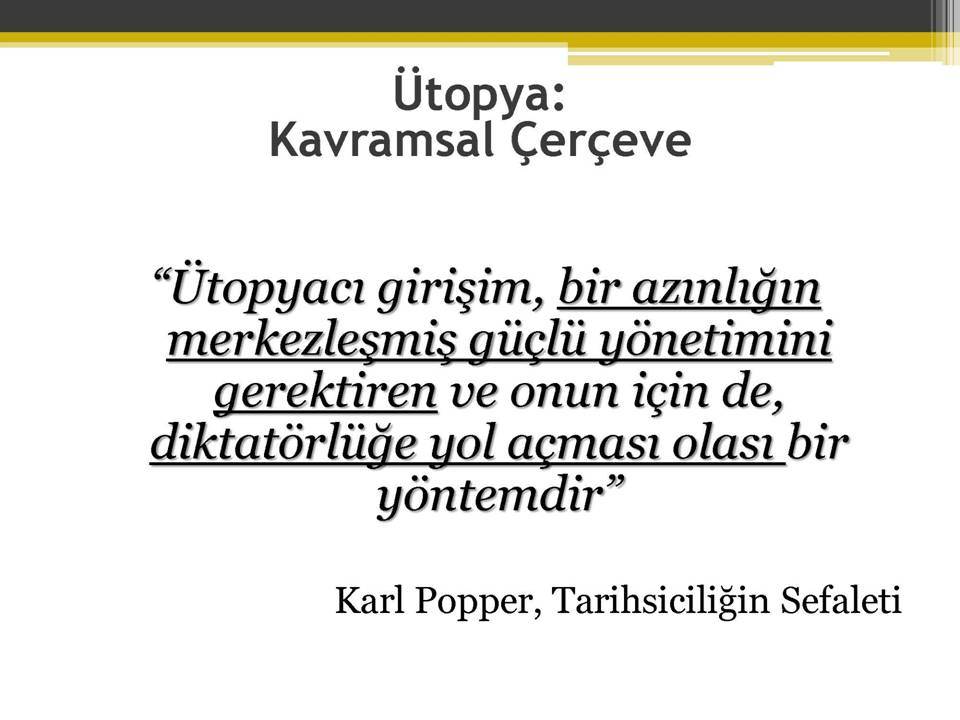
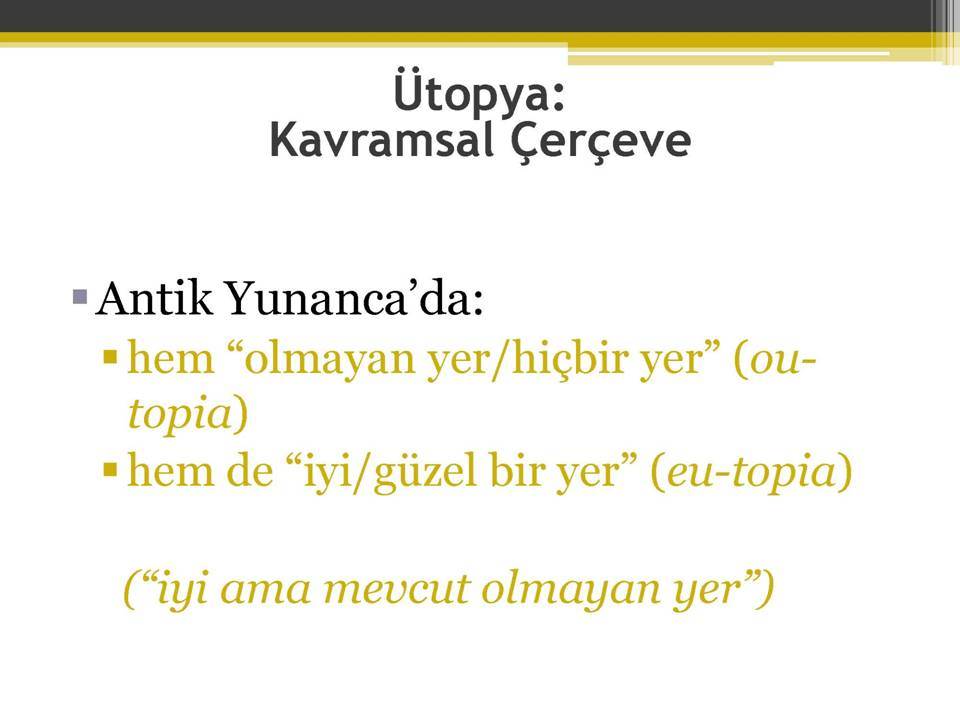
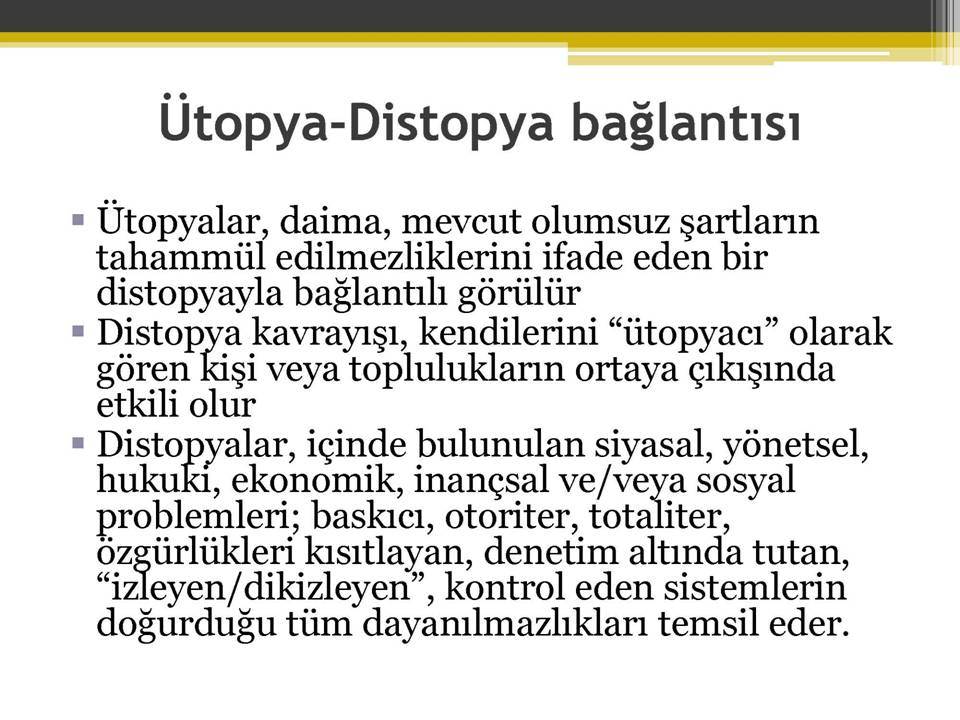
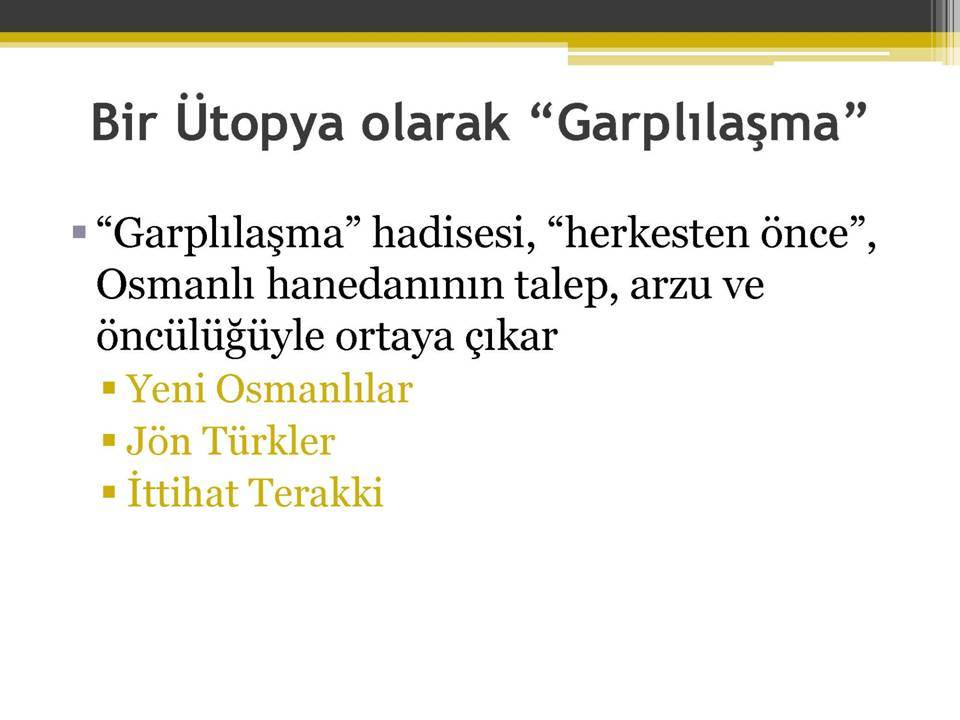
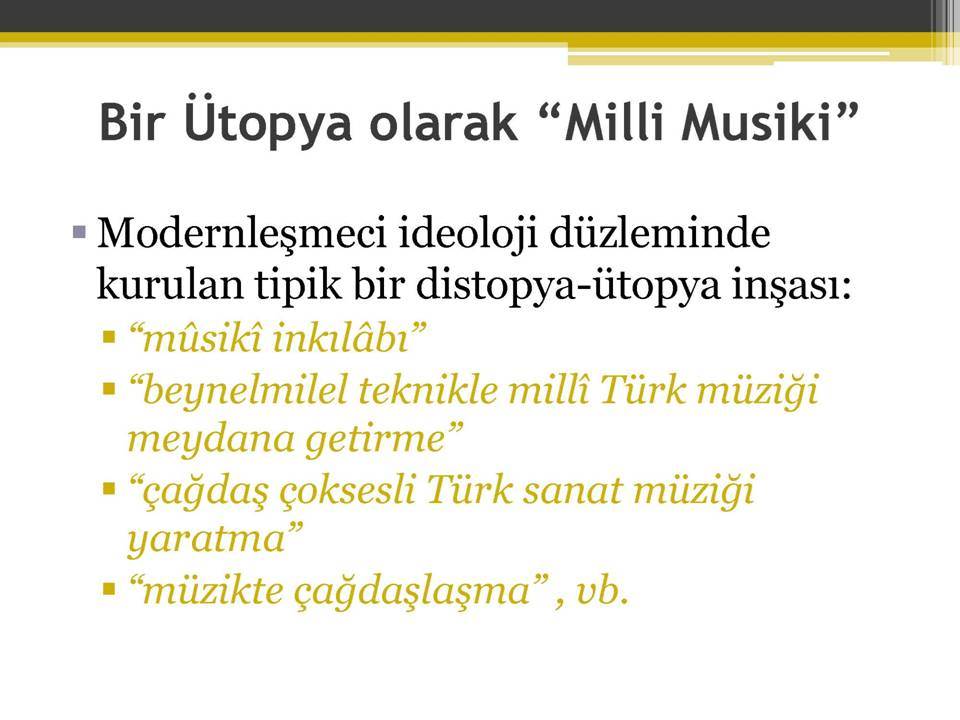
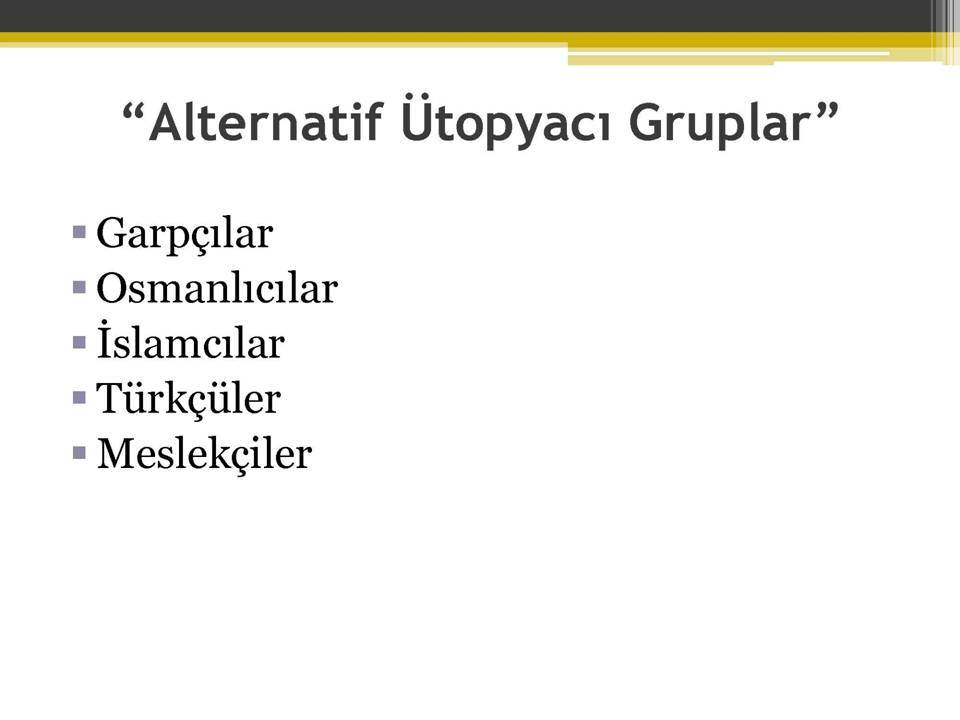
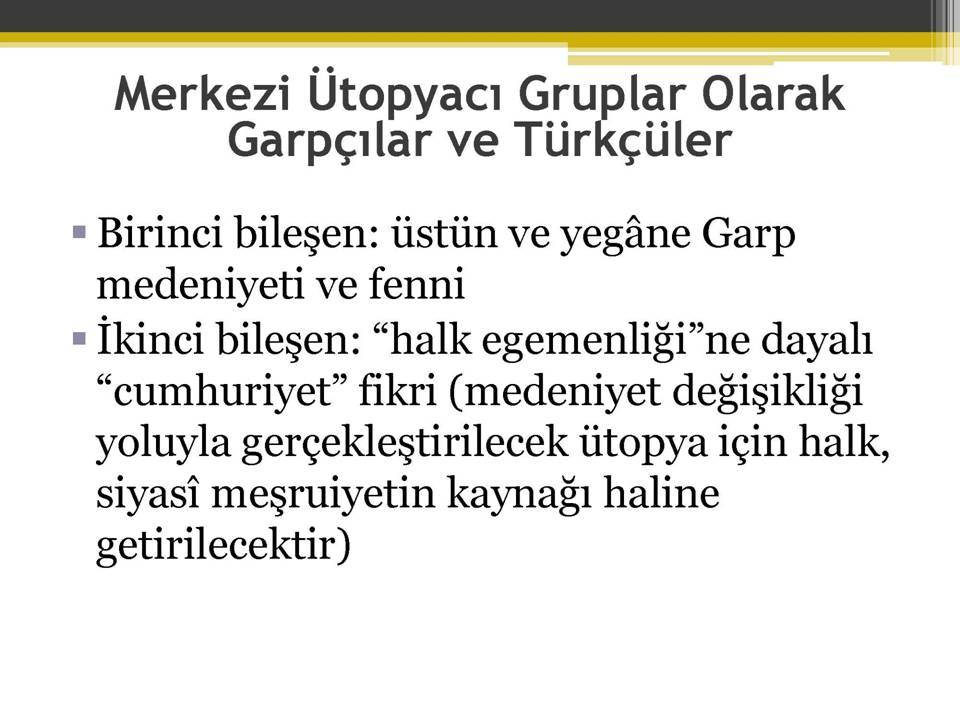
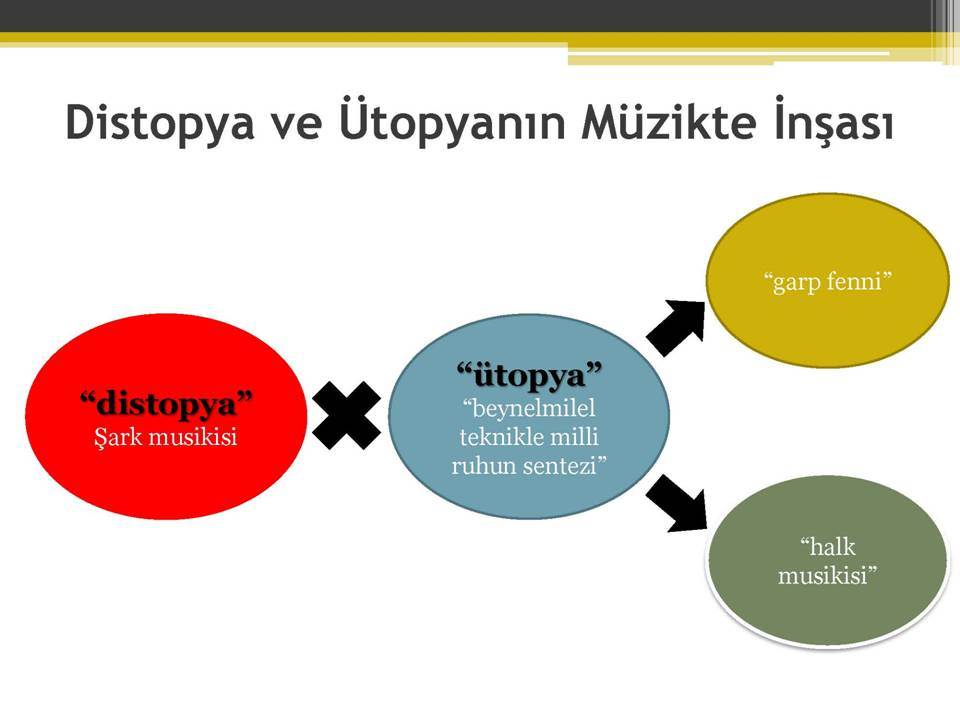
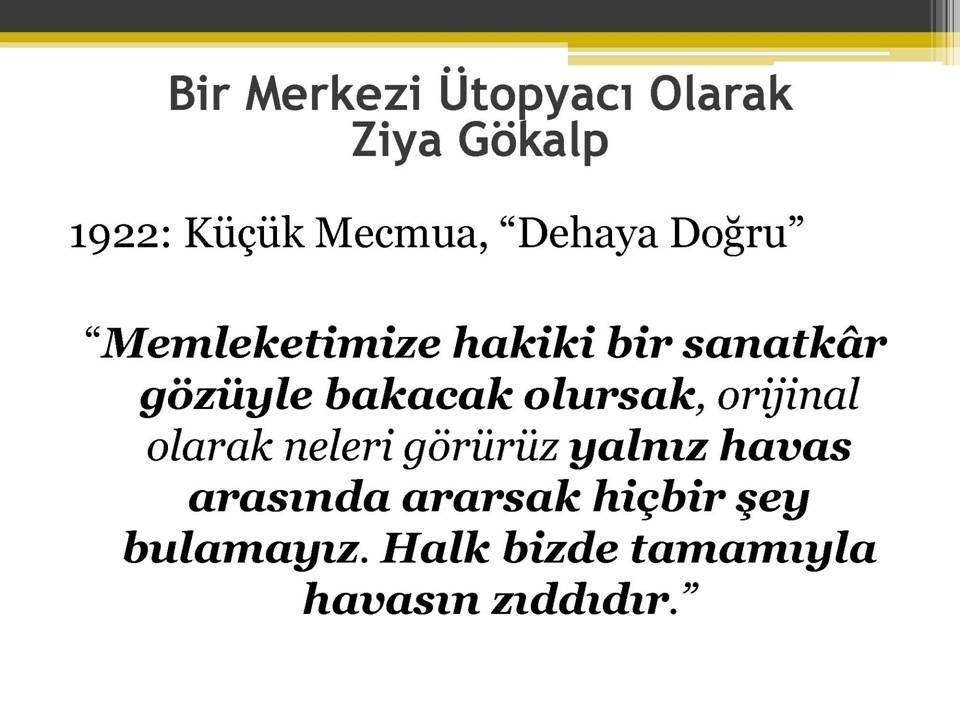
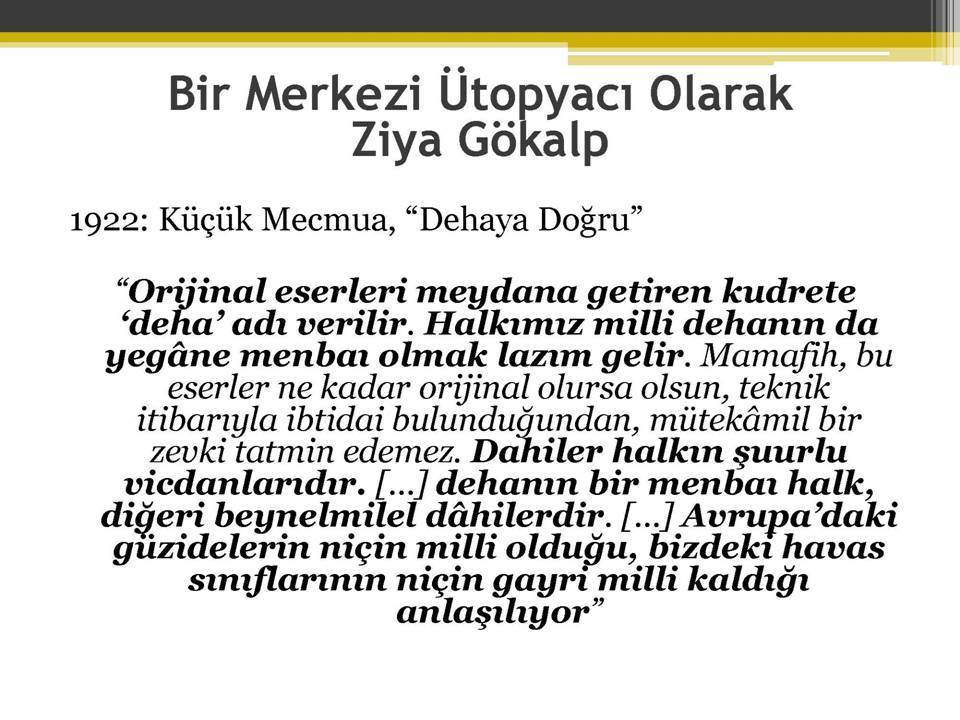
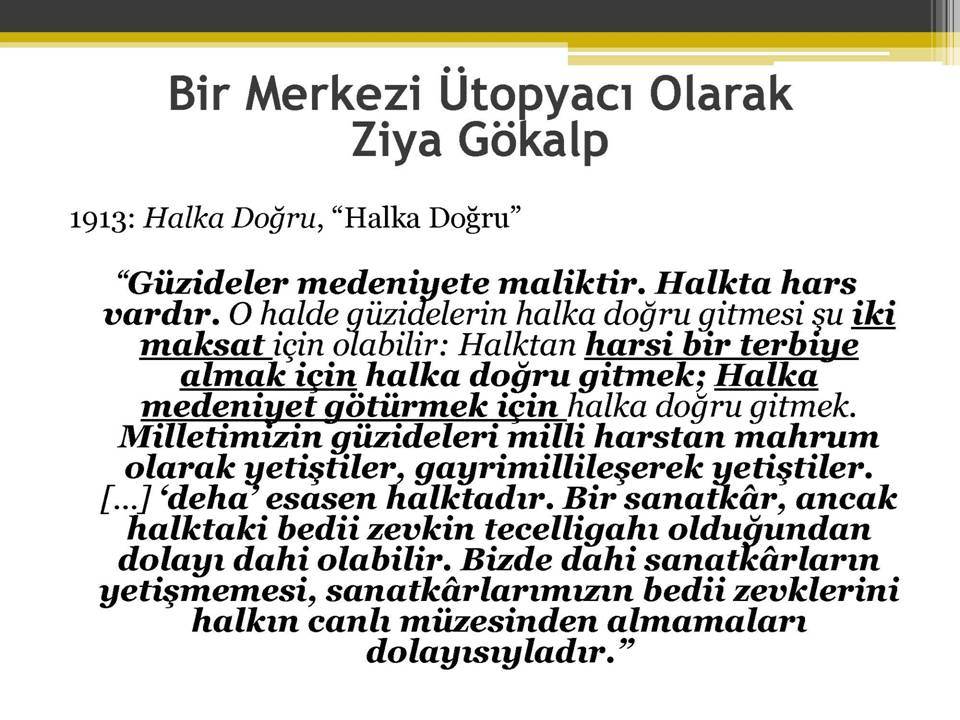
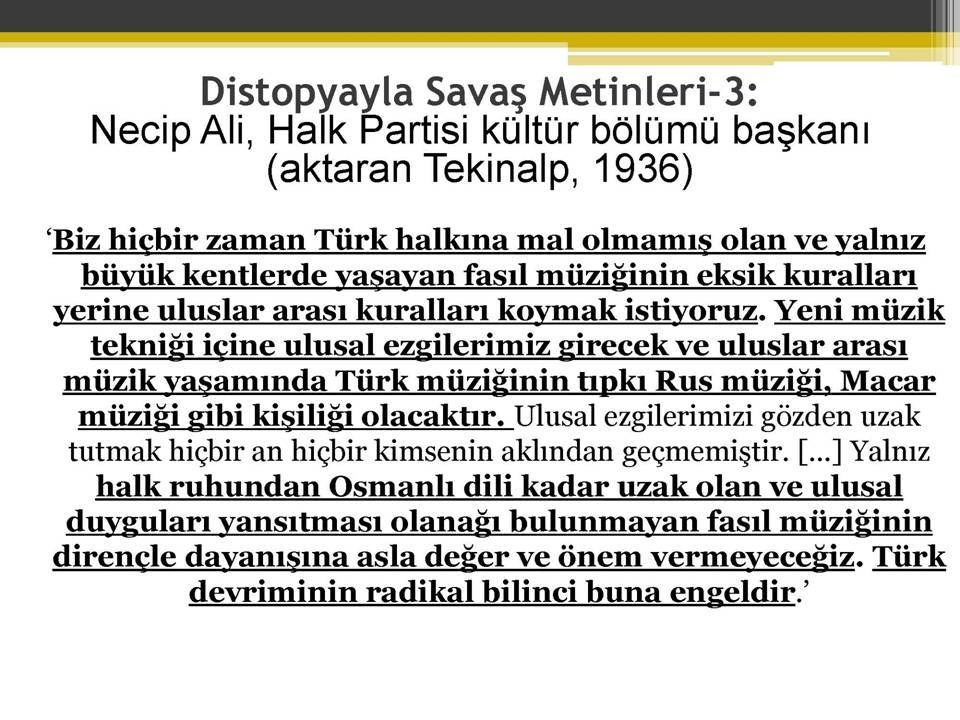
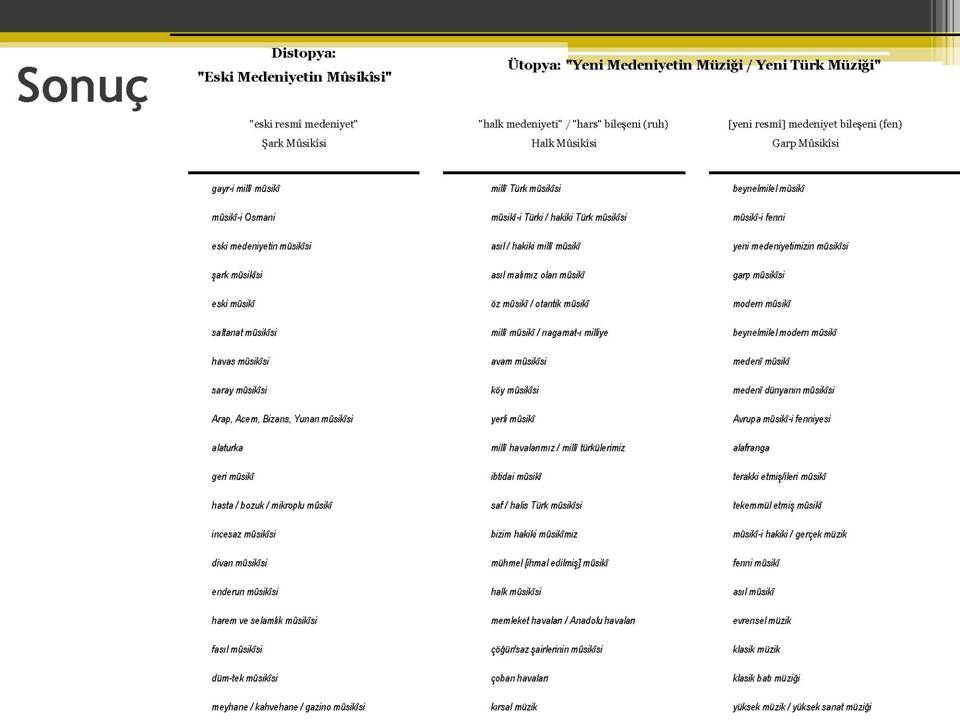
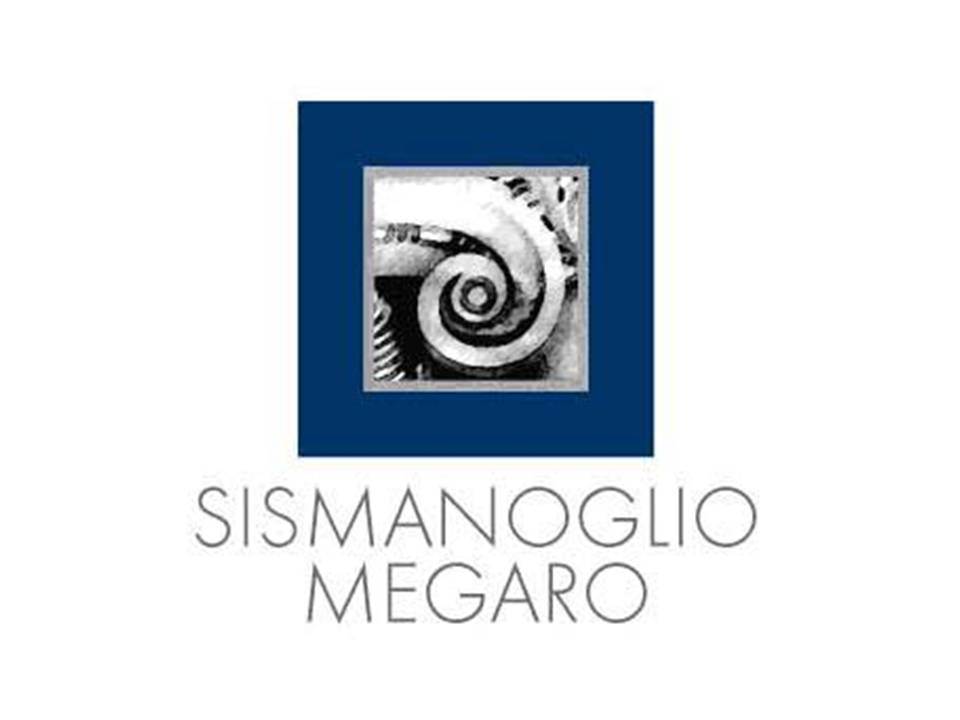
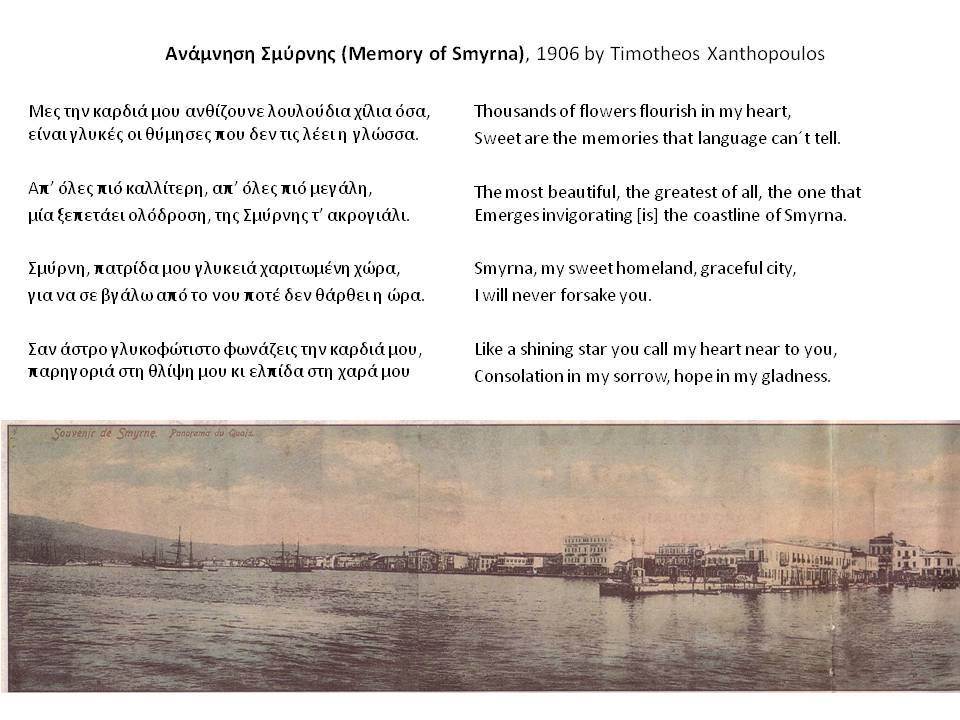
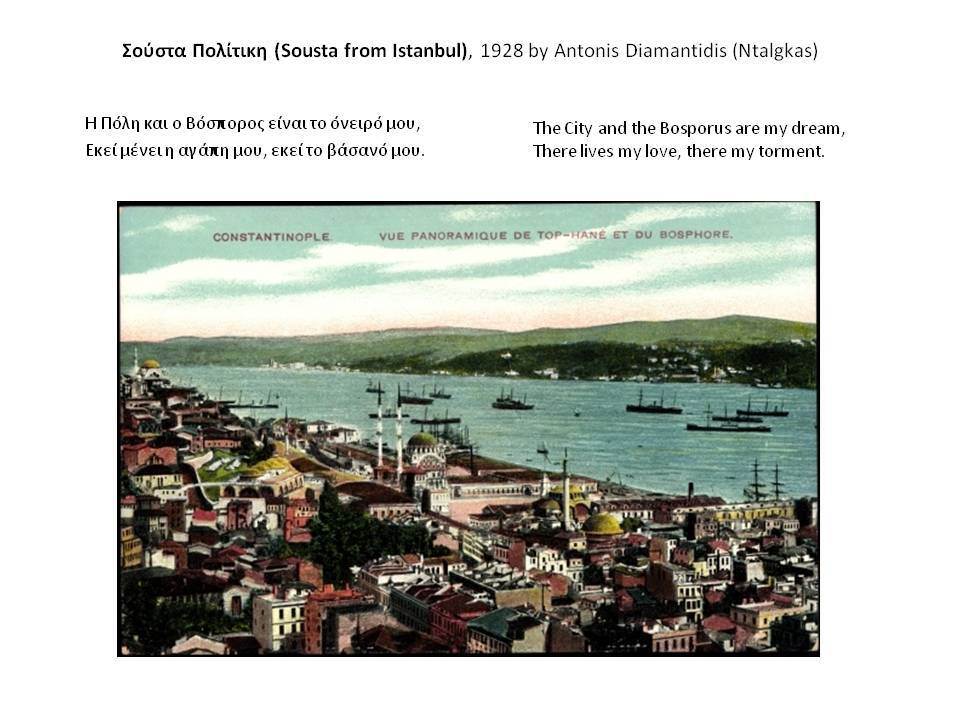
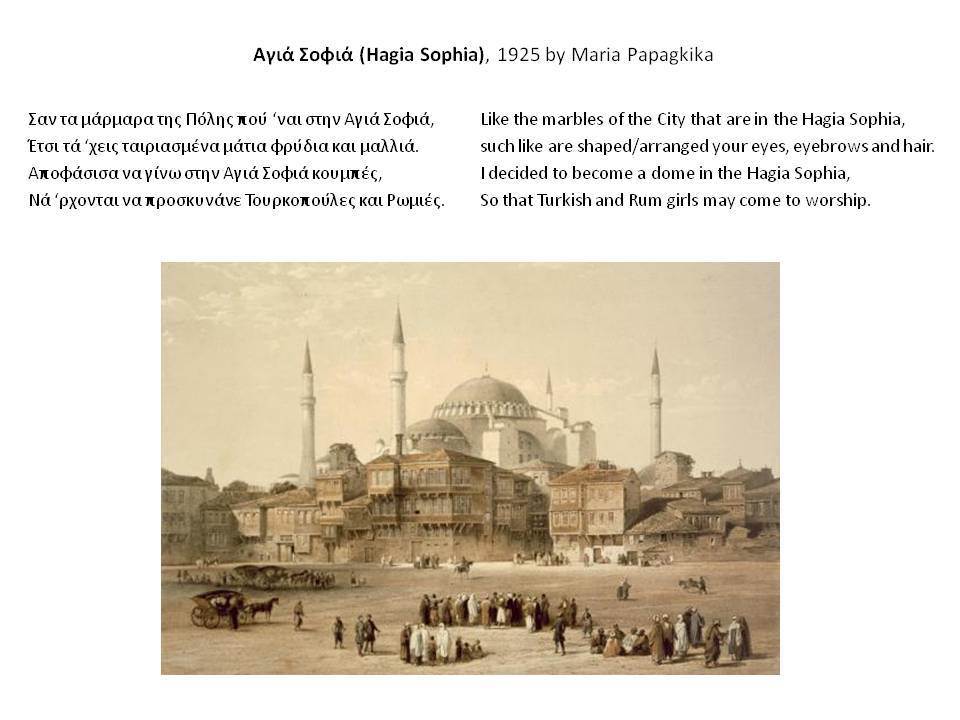
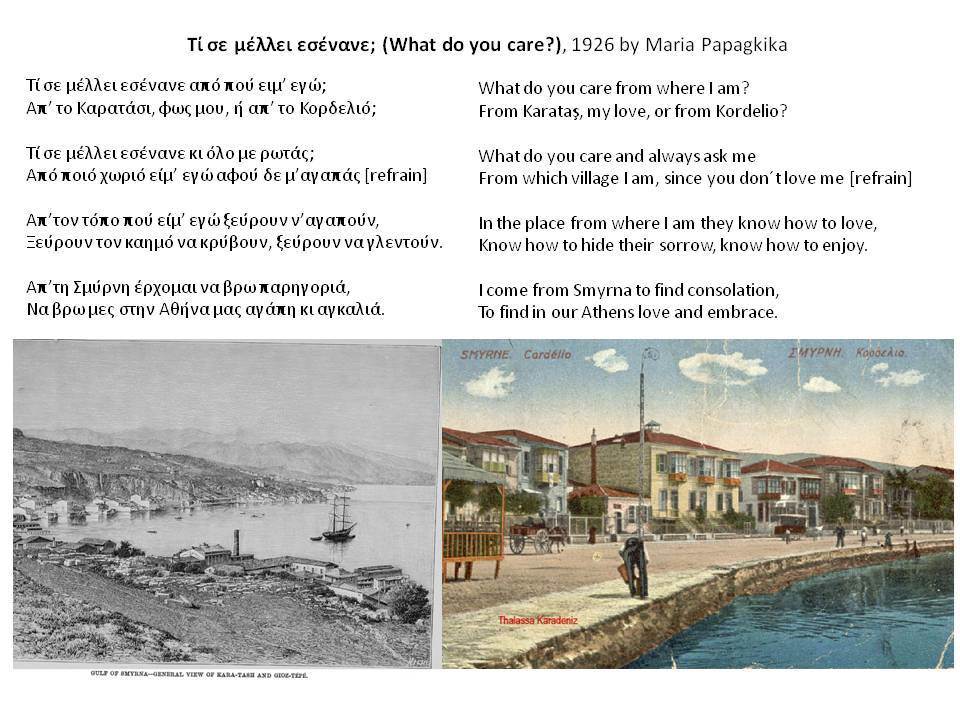
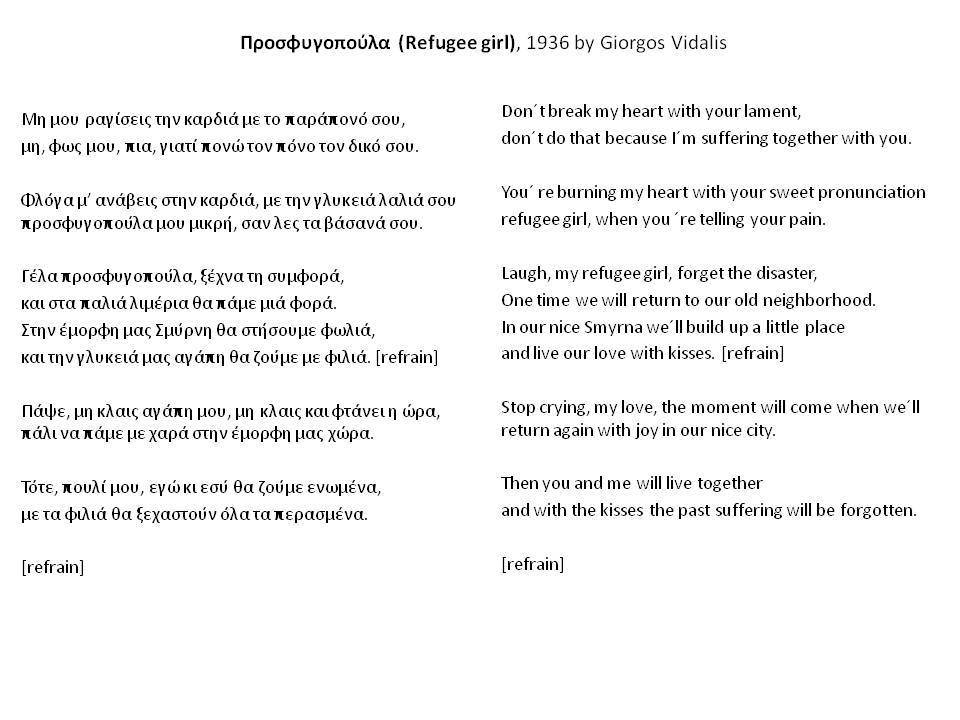
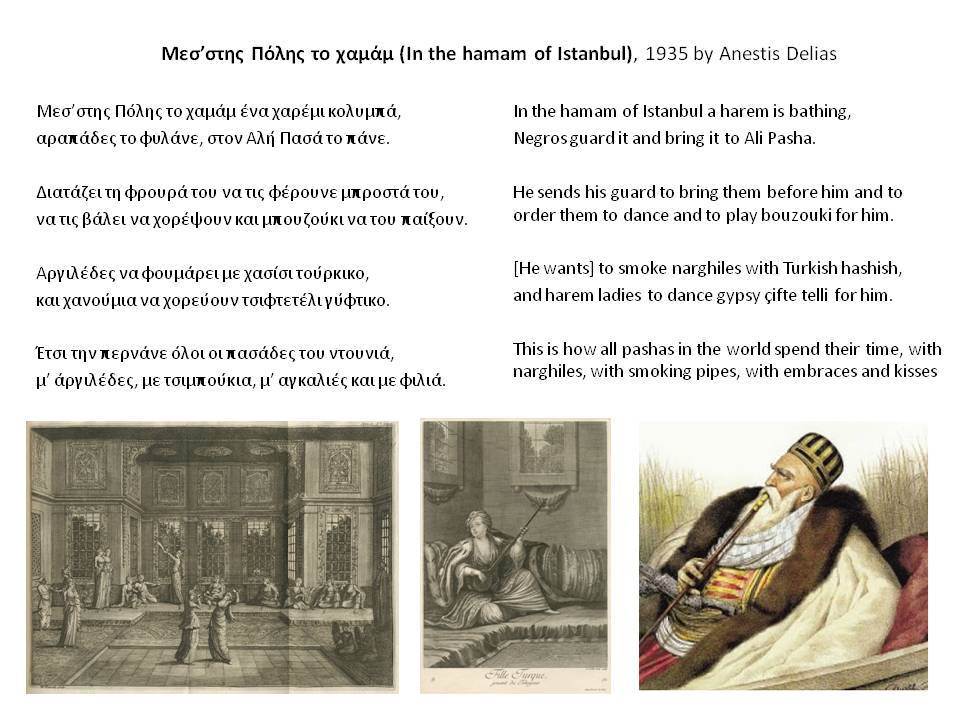
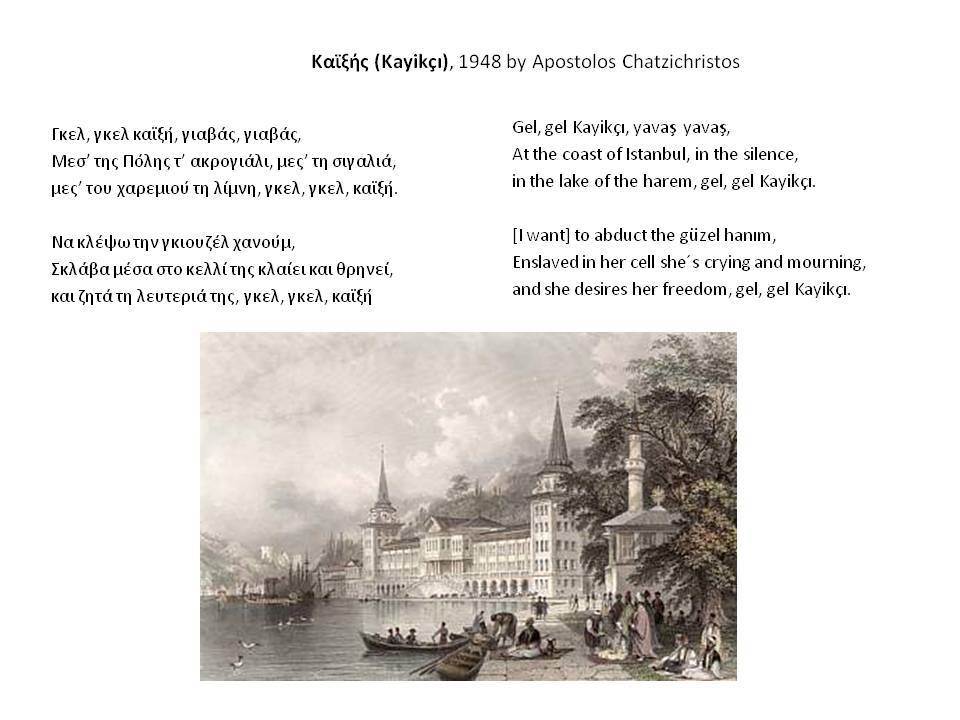
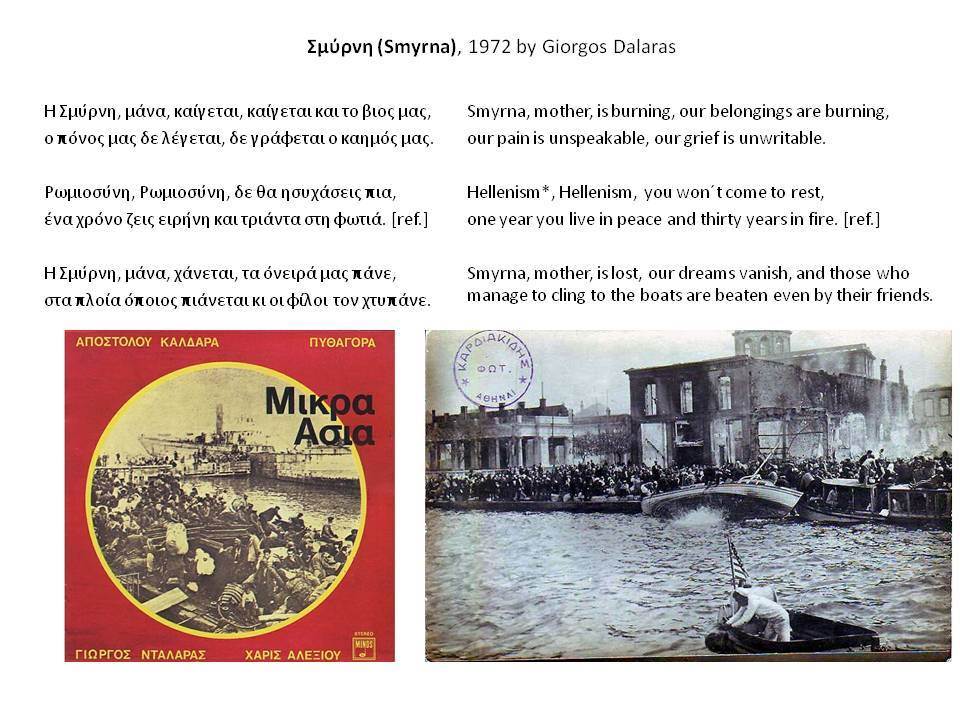
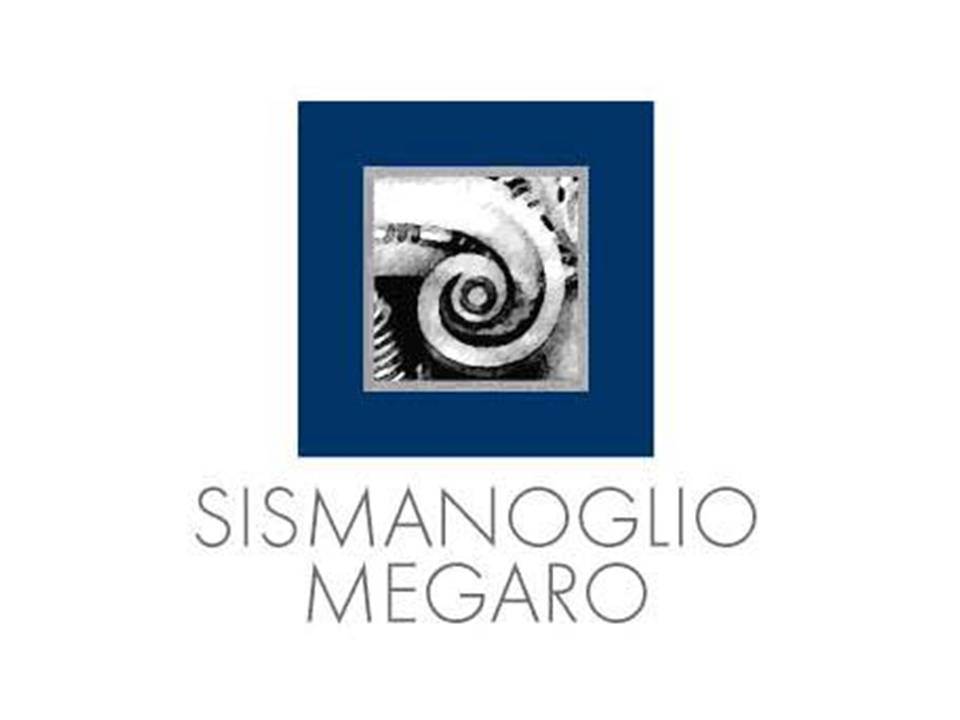
Öztürk Okan Murat
Zelepos Ioannis
Wittmann Richard
Γλώσσα
Türkçe
Ημερομηνία
16/02/2016
Διάρκεια
69:52
Εκδήλωση
Sismanoglio Megaro konuşmalar
Χώρος
Sismanoglio Megaro, Istanbul
Διοργάνωση
Γενικό Προξενείο της Ελλάδας στην Κωνσταντινούπολη
Scroll for English
Yunanistan Ulusal Araştırma Enstitüsü Osmanlı Araştırmaları Programı ve Orient-Institut Istanbul işbirliğiyle Sismanoglio Megaro binasında “Doğu Akdeniz’de Osmanlı Geçmişini Hatırlamak” başlıklı bir konuşmalar dizisi düzenliyor. Ekim 2015 – Mayıs 2016 eğitim öğretim döneminde Sismanoglio Megaro’da Evangelia Balta (Program of Ottoman Studies, National Hellenic Research Foundation, Athens) ile Richard Wittmann’ın (Orient-Institut, Istanbul) birlikte düzenleyeceği bu konferans dizisi, Doğu Akdeniz bölgesindeki günümüz sakinlerinin ortak geçmişlerinin çeşitli yönlerine ışık tutmayı amaçlıyor. Bu konferans dizisi Orient-Institut Istanbul ile Program of Ottoman Studies at the National Hellenic Research Foundation’ın araştırma alanlarıyla örtüşmektedir. Osmanlı İmparatorluğu’nun yıkılışının sonuçlarıyla etkilerinin halen hissedildiği günümüzde, bu konferanslar hâkim tarihyazımının standart kurallarını ve sınırlarını zorlayan çok sayıda kaynağa odaklanmaktadır. Kişisel ve resmi yazılı kaynaklarının yanı sıra görsel ve sanatsal ifade biçimlerini de araştırma sürecine dahil eden bu dizi, bu geniş –ve yüzyıllar boyunca bir bütün olarak kalmış– coğrafi alanda yirminci yüzyılın ilk otuz yılındaki derin siyasi değişikliklere eşlik eden kopuşlara ve sürekliliklere bir ışık tutma denemesi olacaktır. Devamını oku: http://goo.gl/JDzkt4
Osmanlı geçmişine müzikal göndermeler
Okan Murat Öztürk (Ankara)
Distopyanın Musikisinden, Ütopyanın Müziğine: Erken Cumhuriyet Kadrolarının “Geçmiş Musiki'” Kurguları
ÖZET
Yaşadıkları “saltanat” ve “hilafet” cehenneminden kurtulma hayalleri, girişim ve çabaları itibariyleJön Türkler, “ütopyacı” topluluklardır. Farklı politik tercihleri ve birbirine rakip dünya görüşleri olmasına rağmen bu ütopyacı topluluklar, bir konuda tam bir görüş birliği içindeydiler: “Şark medeniyeti”nden, “Garp medeniyeti”ne geçmek. Garpçı, Türkçü, Osmanlıcı, İslamcı ve Meslekçi gibi ana akım gruplar, Jön Türk hareketinin II. Meşrutiyet’ten Cumhuriyet’e doğru evrilmesinde çok önemli roller üstlendiler. Nihayet, özellikle Garpçı ve Türkçü grupların, Cumhuriyet’in kuruluş sürecinde, diğerlerine nispi bir üstünlük sağladıkları ve bu yoldan, Cumhuriyet’in temel politikalarında belirleyici oldukları görülür.
Erken Cumhuriyet kadrolarının, “medeniyet” vasfını –“beynelmilel” mahiyetini ısrarla vurguladıkları– “Garp musikisi”nden, “millilik” vasfını ise “çoban havaları”ndan alan “milli musiki ibda etme” söylemi, esasen, Jön Türklerin,“medeniyet değişikliği” meselesini musiki alanında da gerçekleştirmeleriyle ilgilien temel yaklaşımlarının ürünüdür. Bu “sihirli” söylem, Osmanlı kimliğiyle özdeşleştirilen “havas musikisi”ni, hiçbir estetik, sanatsal, psikolojik, sosyolojik ve kültürel ölçüt gözetmeksizin, sadece “siyaset”ten hareketle, topyekûn bir “distopya” ilan eder. Bu uğurda, Erken Cumhuriyet kadrolarının, tamamen Oryantalist bir söylemle, Osmanlı havas musikisine yönelik ağır ithamlarla yüklü, küçültücü, aşağılayıcı, değersizleştirici ifadelere yer veren, olumsuz bir propaganda yürüttükleri görülür.
Bu konferans, ütopya-distopya kurgusu ve zıtlığından hareketle, yaşanılan coğrafyada, Erken Cumhuriyet kadrolarının, Osmanlı geçmişini, musiki planında unutturma ve etkisiz kılmaya dönük söylemlerini, muhtelif örnekler üzerinden irdelemek ve tartışmak amacındadır.
Ioannis Zelepos (Münih)
(Kayıp) Anavatan ve Oryantalizm Arasında – Osmanlı Şehirlerinde 20. Yüzyıl Yunan Popüler Şarkıları
ÖZET
Bu konferansta Yunan popüler müziğindeki Osmanlı şehirlerinin, özellikle de İstanbul ve İzmir’in temsilleri ve tasavvurları üzerinde durulacaktır. Günümüzde dijital olarak ulaşılabilir olan geçtiğimiz yüzyıla ait ticari kayıtlardan yola çıkarak önce Yunan şarkı sözlerindeki böylesi temsillerin özgül kalıplarını saptayacak, ardından bu kalıpların 20. yüzyıl boyunca nasıl değiştiğini ve –zaman zaman– bölgedeki çarpıcı politik gelişmeleri nasıl yansıttıklarını irdeleyeceğim. Son olarak da Osmanlı geçmişini bir kültürel miras olarak çağdaş Yunan popüler müziğine entegre etme bağlamında yakın zamana ait yeniden yorumlamalar üzerinden bir genel değerlendirme sunulacaktır.
Τhe National Hellenic Research Institute (Ottoman Studies Programme) and the Orient-Institut (Istanbul) is to hold at the Sismanoglio Megaro a series of lectures titled “Remembering the Ottoman Past in the Eastern Mediterranean”. This joint series of lectures organized by Evangelia Balta (Programme of Ottoman Studies, National Hellenic Research Foundation, Athens) and Richard Wittmann (Orient-Institut, Istanbul), to be held at the Sismanoglio Megaro during the October 2015 – May 2016 academic year, aims to shed light on various aspects of the communal past of today’s residents of the Eastern Mediterannean region. This series of lectures is consistent with the research interests of the Orient-Institut Istanbul and the Programme of Ottoman Studies at the National Hellenic Research Foundation. It focuses on a large number of sources that go beyond the standard rules of established history-writing. By taking into account personal and official textual sources, as well as visual and artistic forms of expression, an attempt will be made to throw light on the rifts and continuities that accompanied the profound political reshuffling in this wide – and for centuries, unified – geographical area during the first third of the twentieth century. Read more http://goo.gl/cL5mVN
Musical References to the Ottoman Past
Okan Murat Öztürk (Ankara)
From the Music of Dystopia to the Music of Utopia: The Fantasies of the Early Republican Cadres on “Obsolete Music”
ABSTRACT
The Young Turks was a “utopian” movement concerned with initiatives, efforts and visions of freedom from the hell of the “sultanate” and “caliphate” in which they lived. Despite differing political preferences and competing world views, the members of this utopian movement were in complete unity on one subject: the transition from “Eastern culture” to “Western Culture”. Mainstream groups such as the Westernists, Turkists, Ottomanists, Islamists and [Vocationalists] assumed highly important roles in the evolution of the Young Turks movement from the Second Constitutional Monarchy to the Republic. Ultimately, in comparison to the others, the Westernist and Turkist groups were especially prominent during the foundation process of the Republic, and as such, their distinctiveness in the principal politics of the Republic is visible.
The Early Republican Cadre’s expression that the “cultural” quality–insistently stressing its “international” nature– is from “Western music”, while the “nationalist” quality draws from “shepherd tunes” is primarily the product of the most fundamental approaches regarding the creation of the Young Turks’ “cultural change” proposition in the musical sphere. This “magical” expression proclaims “havas music”, equated with Ottoman identity, without any aesthetic, artistic, psychological, sociological and cultural criterion, purely from “political” activity, as a total “dystopia”. Toward this cause, in a completely Orientalist expression, the Early Republican Cadre’s implementation of a negative propaganda featuring disparaging, derogatory, and trivializing assertions laden with heavy indictment is apparent.
The aim of this conference is to debate and consider various examples of the Early Republican Cadre’s constructions of utopia-distopia, and of their oppositional intent, in the geography in which they were living, through the expressions in their music plan to render the Ottoman past forgotten and stripped of influence.
Ioannis Zelepos (Munich)
Between (lost) Homeland and Orientalism –
Ottoman Cities in 20th Century Greek Popular Song
ABSTRACT
This lecture deals with representations and imaginations of Ottoman cities, particulary Istanbul and Izmir, in Greek popular music. Based on commercial recordings produced during the last century, and which are accessible today in digitalized form, it will first identify specific patterns of such representations in Greek song lyrics and then examine how these patterns changed over the course of the 20th century and how they reflected the –at times– dramatic political developments in the region. Finally, an outlook will be given on recent reinterpretations in the context of integrating the Ottoman past as a cultural legacy in contemporary Greek popular music.
Okan Murat ÖZTÜRK “Makam Müziğinde Ezgi ve Makam İlişkisinin Analizi ve Yorumlanması İçin Yeni Bir Yaklaşım: Perde Düzenleri ve Makamsal Ezgi Çekirdekleri” başlıklı doktora tezini, 2014 yılında tamamladı. Halk müziği ve makam müziği konularında geleneksel repertuarı bütün olarak ele alma, analiz etme ve tarihsel nazari modelleri yorumlama üzerine çeşitli makaleler, bildiriler ve kitap bölümleri kaleme aldı. Uluslararası düzeyde çeşitli kongre, sempozyum, panel ve seminerlere katılmak yanında, bizzat düzenlenmesinde de görev aldı. Bağlama ailesi, lavta ve geleneksel müzik icrası alanlarında konserler, atölye çalışmaları ve konferanslar gerçekleştirdi. TRT için hazırlanan “Katre, Anonim ve Eski Havalar” adlı tv-radyo programlarında sunucu-icracı-yapımcı olarak yer aldı. Dünyada uygulamalı tarihsel müzikoloji alanının seçkin örnekleri arasında yer alan Hattuşa projesinde müzik yönetmeni ve yorumcu olarak görev aldı. Aynı proje kapsamında düzenlenen akademik seminerlerde, Anadolu müzik arkeolojisi ve bağlama-tipli çalgılar konusunda sunumlar gerçekleştirdi. 1988’de Bengi Bağlama Üçlüsü’nü kurdu. Kültür Bakanlığı’nda ve TRT’de sanatçı olarak çalıştı. “Zeybek Kültürü ve Müziği” adlı kitabı 2006’da yayımlandı. “Pan’a Armağan 20. Yıl Kitabı” (2006), “Maqam” (2012), “In Which Direction is Music Heading? Cultural and Cognitive Studies in Turkey” (2014), “Writing the History of ‘Ottoman Music’” (2015) başlıklı eserlerde yazar olarak yer aldı. “Türkiye’de Müzik Kültürü” (2008) ve “Kırşehirli Edvarı” (2014) adlı yayınlarda ise editörlük ve yazarlık yaptı. Halen Başkent Üniversitesi Devlet Konservatuarı’nda öğretim üyesidir. Kitapları dışında yayımlanmış onlarca müzik CD’si, belgesel müzikleri ve tv-program kayıtları bulunmaktadır.
Okan Murat ÖZTÜRK completed his doctoral dissertation entitled “Makam Müziğinde Ezgi ve Makam İlişkisinin Analizi ve Yorumlanması İçin Yeni Bir Yaklaşım: Perde Düzenleri ve Makamsal Ezgi Çekirdekleri” [Ezgi in Makam Music, Makam Analysis, and a New Approach to Commentary: Perde Formations and Seeds of Makam Ezgi] in the year 2014. On the subjects of folk music and makam music, he has written a variety of articles, manifestos and book chapters about the treatment, analysis and commentary on historical theoretical models of the traditional repertoire as a whole. He has both participated in and served on multiple international conventions, symposiums, panels and seminars. Dr. Öztürk has organized concerts, workshops and conferences in the fields of traditional musical instruments, lute, and stringed instruments in the bağlama family [group]. He has performed as master of ceremonies, maestro, and producer in the “Katre, Anonim ve Eski Havalar” tv-radio programs prepared for TRT. He served additionally as musical director and performer for the Hattuşa project, which ranks among the preeminent examples in the world in the field of applied historical musicology. During academic seminars in the scope of the same project, Dr. Öztürk further organized presentations on the subject of Anatolian musical archeology and the bağlama category of instruments. In 1988 he formed the “Bengi Bağlama Üçlüsü” [Bengi Baglama Trio] and worked as an artist for both TRT and the Ministry of Culture. In 2006 his book “Zeybek Kültürü ve Müziği” was published. He authored the following works: “Pan’a Armağan 20. Yıl Kitabı” [A Gift to Pan – the 20th Anniversary Book] (2006), “Maqam” (2012), “In Which Direction is Music Heading? Cultural and Cognitive Studies in Turkey” (2014), and “Writing the History of ‘Ottoman Music’” (2015). He served as both an editor and an author for the publications “Türkiye’de Müzik Kültürü” (2008) and “Kırşehirli Edvarı” [Cycles of Kırşehir] (2014). Currently Dr. Öztürk is a faculty member at the Başkent University State Conservatory. Apart from books, dozens of his published music CDs, documentary music, and tv program recordings are available.
Ioannis Zelepos, Hamburg, Selanik, Berlin ve Atina’da Bizans Çalışmaları ve Çağdaş Yunan Filolojisi eğitimi aldı. 2000’de Berlin’deki Freie Universität’te Doğu Avrupa tarihi alanında doktorasını tamamladı. 2003’ten beri Hamburg, Berlin, Viyana, Nicosia, Brno, Berne, Regensburg ve Münih üniversitelerinde düzenli olarak ders vermektedir. 2011’de Viyana Üniversitesi’nden “Güneydoğu Avrupa Tarihi” ve “Çağdaş Yunan Çalışmaları” alanlarında Venia legendi (yüksek doktora) unvanını aldı. Ekim 2015’ten beri Alman Araştırma Cemiyeti’nin desteklediği araştırma projesini yürüttüğü Münih’te bulunan Ludwig-Maximilians Üniversitesi’ndeki Çağdaş Yunan Çalışmaları bölümünde profesör olarak çalışmaktadır.
Zelepos’un araştırma alanları çağdaş Yunan ve Kıbrıs tarihi, Ulusalcılık ve Güneydoğu Avrupa’daki kimlik söylemleri, çağdaş Yunan popüler kültürü, Osmanlı İmparatorluğu’ndaki Ortodoks Kilisesi’nin tarihi ve Güneydoğu Avrupa’daki Aydınlanma tarihidir.
Ioannis Zelepos has studied History, Byzantine Studies and Modern Greek Philology in Hamburg, Thessalonica, Berlin, and Athens. In 2000 he earned his Ph.D. in Eastern European History from Freie Universität Berlin. He has continuously taught since 2003 at the Universities of Hamburg, Berlin, Vienna, Nicosia, Brno, Berne, Regensburg, and Munich. In 2011 he obtained the Venia legendi (Habilitation) for “Southeast European History” and “Modern Greek Studies” from the University of Vienna. He is currently Professor for Modern Greek Studies at Ludwig-Maximilians-University in Munich where he holds his own DFG research-project since October 2015.
His research interests focus on the History of modern Greece and Cyprus, Nationalism and identity discourses in Southeast Europe, modern Greek popular culture, History of the Orthodox Church in the Ottoman Empire, and the History of the Enlightenment in Southeast Europe.
Yakın zamandaki yayınları / Recent publications:
• Ulrike Tischler / Ioannis Zelepos (Eds.), Bilderwelten – Weltbilder. Die Gegenwart der Vergangenheit in postosmanischen Metropolen Südosteuropas [Thessaloniki, Istanbul, Izmir], Frankfurt/M. 2010.
• “Amateurs as nation builders? On the significance of associations for the formation and nationalization of the Greek society in the 19th century”, in: Hannes Grandits / Nathalie Clayer / Robert Pichler (Eds.), Conflicting Loyalties in the Balkans. The Great Powers, the Ottoman Empire and Nation Building, I.B.Tauris, London 2011, pp. 64-85.
• Orthodoxe Eiferer im osmanischen Südosteuropa. Die Kollyvadenbewegung (1750-1820) und ihr Beitrag zu den Auseinandersetzungen um Tradition, Aufklärung und Identität, Wiesbaden 2012.
• “Multi-denominational interaction in the Ottoman Balkans from a legal point of view: the institution of kiambin-marriages”, in: Eliezer Papo / Nenad Makuljević (Eds.), El Prezente. Studies in Sephardic Culture, vol. 7 – Menorah. Collection of Papers, vol. 3. Common Culture and Particular Identities: Christians, Jews and Muslims in the Ottoman Balkans, Beer-Sheva 2013, S. 43–53.
• Kleine Geschichte Griechenlands. Von der Staatsgründung bis heute, Munich 2014.
Richard Wittmann (Ph.D. in History and Middle Eastern Studies, Harvard University 2008) is the Associate Director of the Orient-Institut Istanbul. After studying Law, Islamic Studies, and Turcology at the University of Munich and at Freie Universität Berlin he was awarded a scholarship from Harvard University where he continued his studies at the Department of History and at the Center for Middle Eastern Studies.
His research interests focus on Islamic legal history and the social history of the Ottoman Empire. Special attention is given in his work to the consideration of self-narratives as historic sources for the study of the Near East.
Richard Wittmann coordinates an international collaborative research project aiming at the study and publication of Ottoman self-narratives (www.istanbulmemories.org). He is the editor of the publication series Memoria. Fontes Minores ad Historiam Imperii Ottomanici Pertinentes (www.perspectivia.net/publikationen/memoria) and (co)editor of the monograph series Self-Narratives of the Ottoman Realm: Individual and Empire in the Near East (Farnham: Ashgate).

